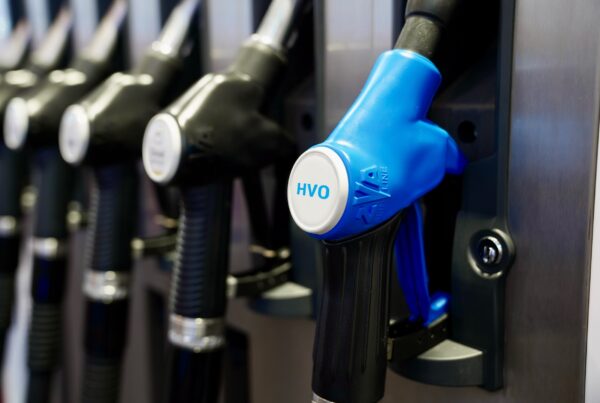In wastewater treatment plants, a significant amount of carbon dioxide is generated. At the Emscher, there are plans to convert this gas into usable E-Fuels in the future. Wastewater treatment plants are no longer just places of energy consumption but have also evolved into renewable energy generators. The Bottrop wastewater treatment plant, operated by the Emscher Cooperative, is set to become the site of a groundbreaking pilot project called “E-BO(2)t.” This project aims to produce E-Fuels on an unprecedented scale, as announced in an official statement by the Cooperative.
E-Fuels are synthetic fuels produced using electrical energy from carbon dioxide and water. Wastewater treatment plants are well-suited for this production due to several location advantages. The Cooperative emphasizes that wastewater treatment plants can not only contribute to production but also utilize the oxygen produced during wastewater treatment to maintain clean water bodies. A notable feature is the highly concentrated and environmentally friendly source of carbon dioxide in these facilities. The biogas contains 30 to 50 percent green CO2.
Dr. Frank Obenaus, the Technical Director of the Emscher Cooperative, highlights, “One of the advantages for us as wastewater treatment plant operators lies in the green utilization of the carbon dioxide generated during biogas combustion and in the production of storable methanol as fuel for commercial vehicles and backup power generators.”
Image by Ivan Bandura auf Unsplash




